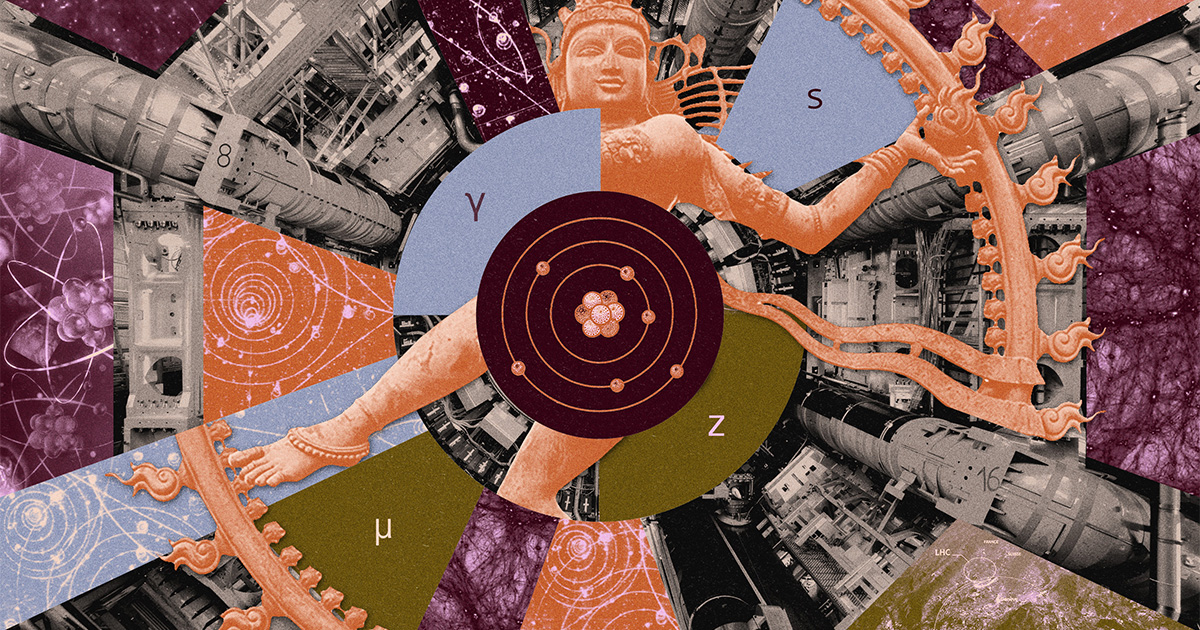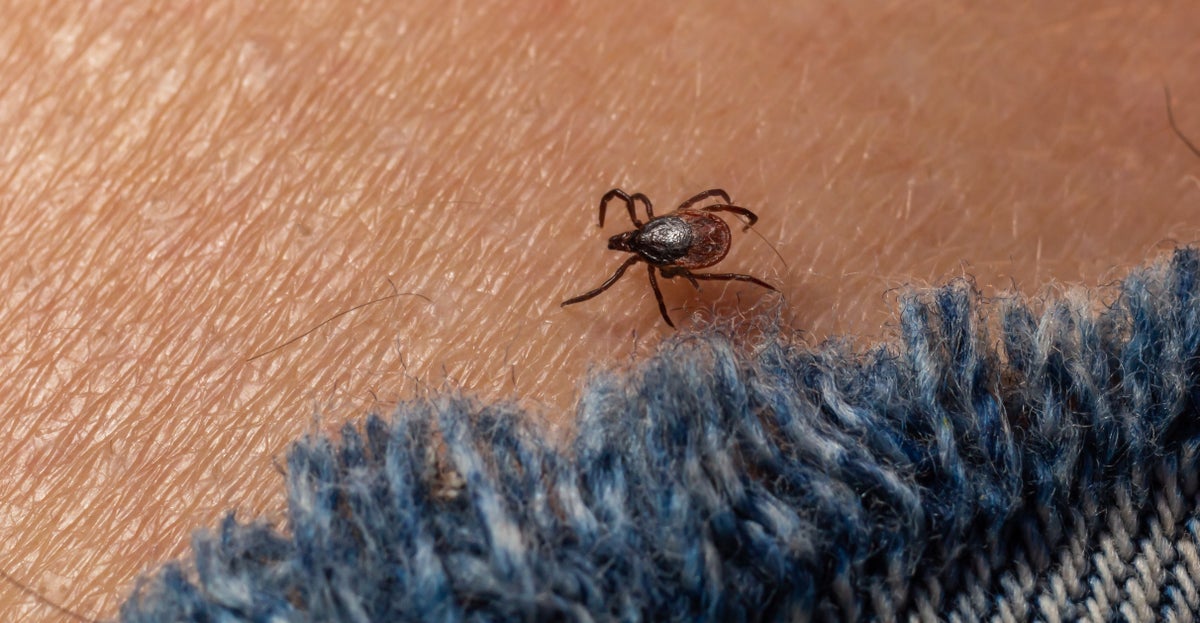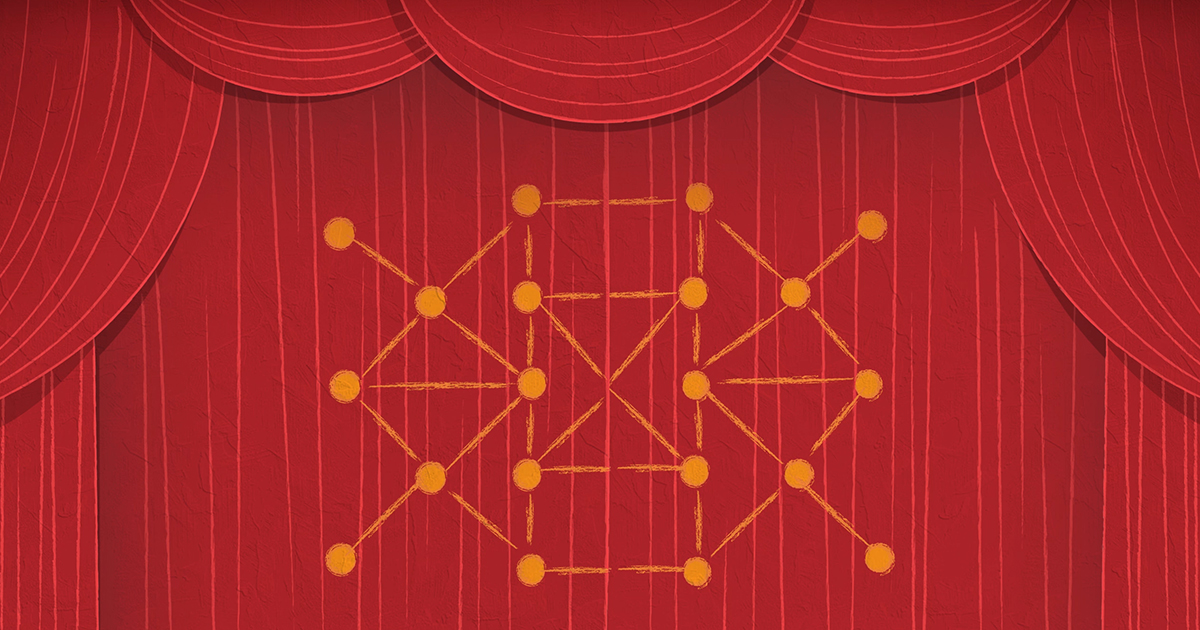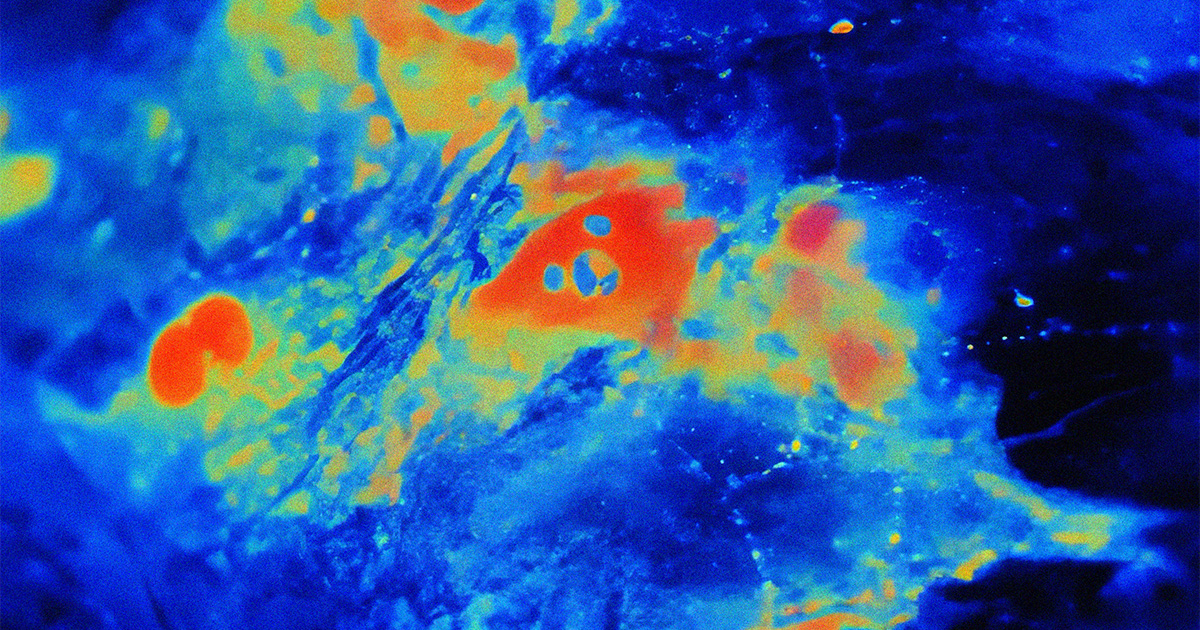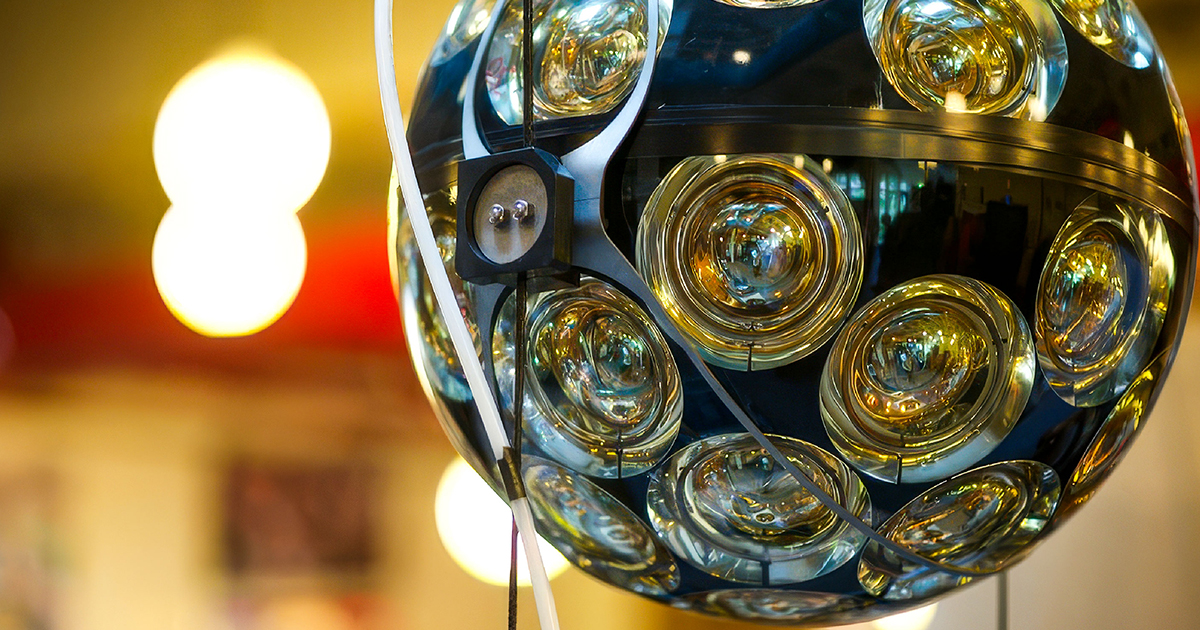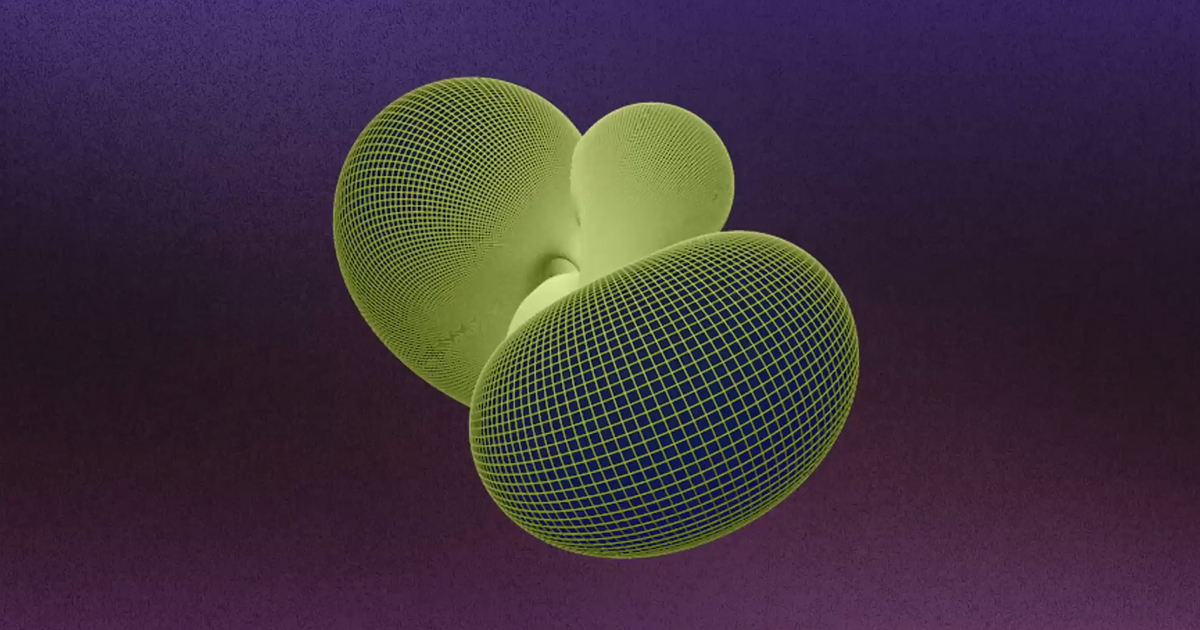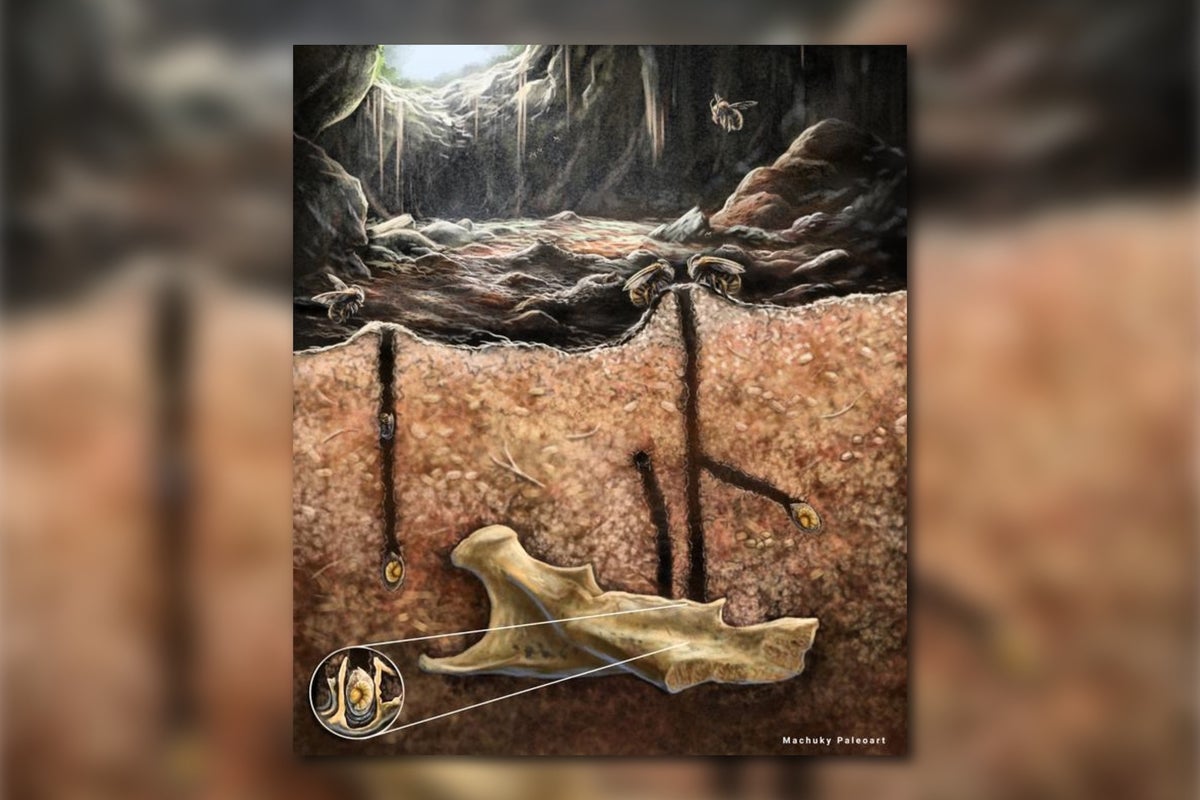This brain drain appears to be real. I spoke to Jared Kaplan, co-founder of Anthropic, the company behind the chatbot Claude. He was a physicist the last time we spoke. As a grad student at Harvard in the 2000s, he worked with the renowned theorist Nima Arkani-Hamed to open up the new directions in amplitude… Continue reading Is Particle Physics Dead, Dying, or Just Hard?
Tag: Quantum Stuff
RFK, Jr.–Backed Lyme Disease Conspiracy Theory May Be Probed under New Bill
December 16, 2025 2 min read Add Us On GoogleAdd SciAm RFK, Jr.–Backed Lyme Disease Conspiracy Theory May Be Probed under New Bill President Donald Trump is expected to sign a defense bill this week that orders an investigation into whether the U.S. military bioengineered Lyme disease By Claire Cameron edited by Andrea Thompson Oleg… Continue reading RFK, Jr.–Backed Lyme Disease Conspiracy Theory May Be Probed under New Bill
Networks Hold the Key to a Decades-Old Problem About Waves
By the 1970s, mathematicians had figured out that embedded within the structure of Cayley graphs is information about the Fourier series from Chowla’s problem. A Cayley graph’s eigenvalues, it turns out, correspond exactly to different values that the cosine sum can have. The smallest eigenvalue therefore tells you how low the cosine sum can get.… Continue reading Networks Hold the Key to a Decades-Old Problem About Waves
Once Thought To Support Neurons, Astrocytes Turn Out To Be in Charge
The human brain is a vast network of billions of neurons. By exchanging signals to depress or excite each other, they generate patterns that ripple across the brain up to 1,000 times per second. For more than a century, that dizzyingly complex neuronal code was thought to be the sole arbiter of perception, thought, emotion,… Continue reading Once Thought To Support Neurons, Astrocytes Turn Out To Be in Charge
Monster Neutrino Could Be a Messenger of Ancient Black Holes
Nearly three years ago, a particle from space slammed into the Mediterranean Sea and lit up the partially complete Cubic Kilometer Neutrino Telescope (KM3NET) detector off the coast of Sicily. The particle was a neutrino, a fundamental component of matter commonly known for its ability to slip through other matter unnoticed. The IceCube observatory in… Continue reading Monster Neutrino Could Be a Messenger of Ancient Black Holes
Harsh Flu Season May Be Driven by New Variant K
December 22, 2025 3 min read Add Us On GoogleAdd SciAm Harsh Flu Season May Be Driven by New Variant K A novel influenza variant called subclade K appears to be driving an uptick in cases and hospitalizations throughout the U.S. and other countries By Tanya Lewis edited by Claire Cameron Deb Cohn-Orbach/UCG/Universal Images Group… Continue reading Harsh Flu Season May Be Driven by New Variant K
The Arctic Is in Dire Straits, 20 Years of Reporting Show
December 16, 2025 3 min read Add Us On GoogleAdd SciAm The Arctic Is in Dire Straits, 20 Years of Reporting Show The Arctic has changed dramatically in the past 20 years, a new report shows, as temperatures skyrocket and ice rapidly melts By Andrea Thompson edited by Claire Cameron A polar bear (Ursus maritimus)… Continue reading The Arctic Is in Dire Straits, 20 Years of Reporting Show
Two Twisty Shapes Resolve a Centuries-Old Topology Puzzle
It took some time, but Hoffmann and Sageman-Furnas were eventually able to convince themselves that the rhino was worth taking seriously. And if it was possible to find such a likely example of a discrete Bonnet pair, maybe the smooth case wasn’t so hopeless after all. Hoffmann and Sageman-Furnas spent that sweltering summer scouring the… Continue reading Two Twisty Shapes Resolve a Centuries-Old Topology Puzzle
How Animals Build a Sense of Direction
These head direction cells are connected in a ringlike system called a ring attractor network. In mammals, this network is not a physical ring (though it is, strangely, in fruit flies), but it can be schematically represented as such. The ring is always active. When an animal faces a particular direction, certain cells in the… Continue reading How Animals Build a Sense of Direction
Ancient Bones Hid a Buzzing Secret
December 16, 2025 2 min read Add Us On GoogleAdd SciAm Ancient Bees Burrowed Inside Bones, Fossils Reveal Bones of now extinct species became a haven for bee babies thousands of years ago, scientists report in a first-of-its-kind discovery By Stephanie Pappas edited by Andrea Thompson Illustration by Jorge Machuky Thousands of years ago in… Continue reading Ancient Bones Hid a Buzzing Secret
